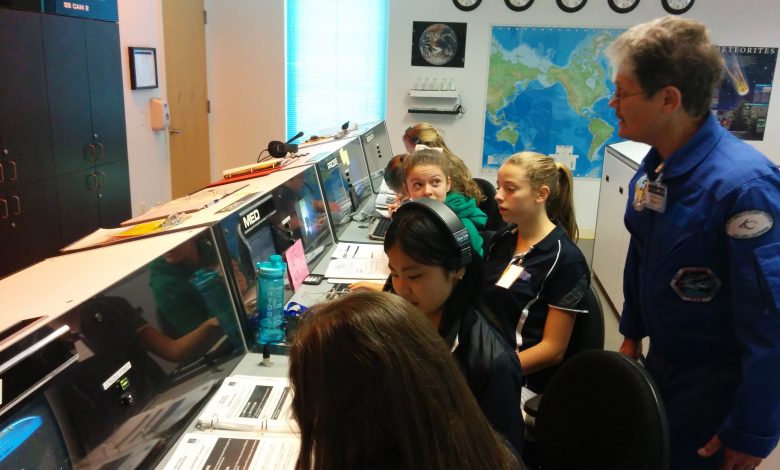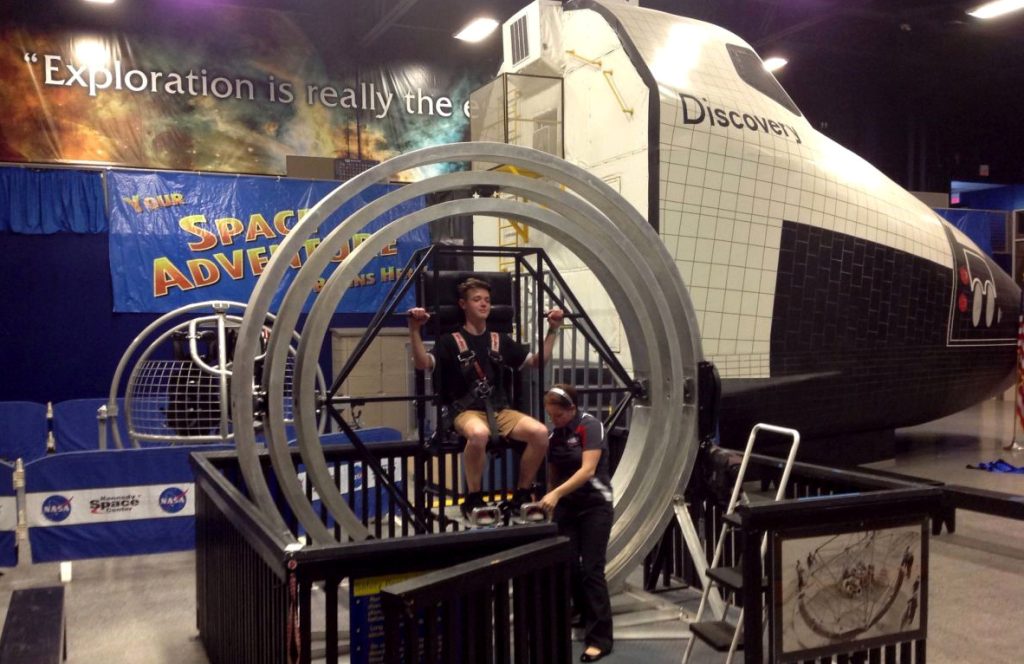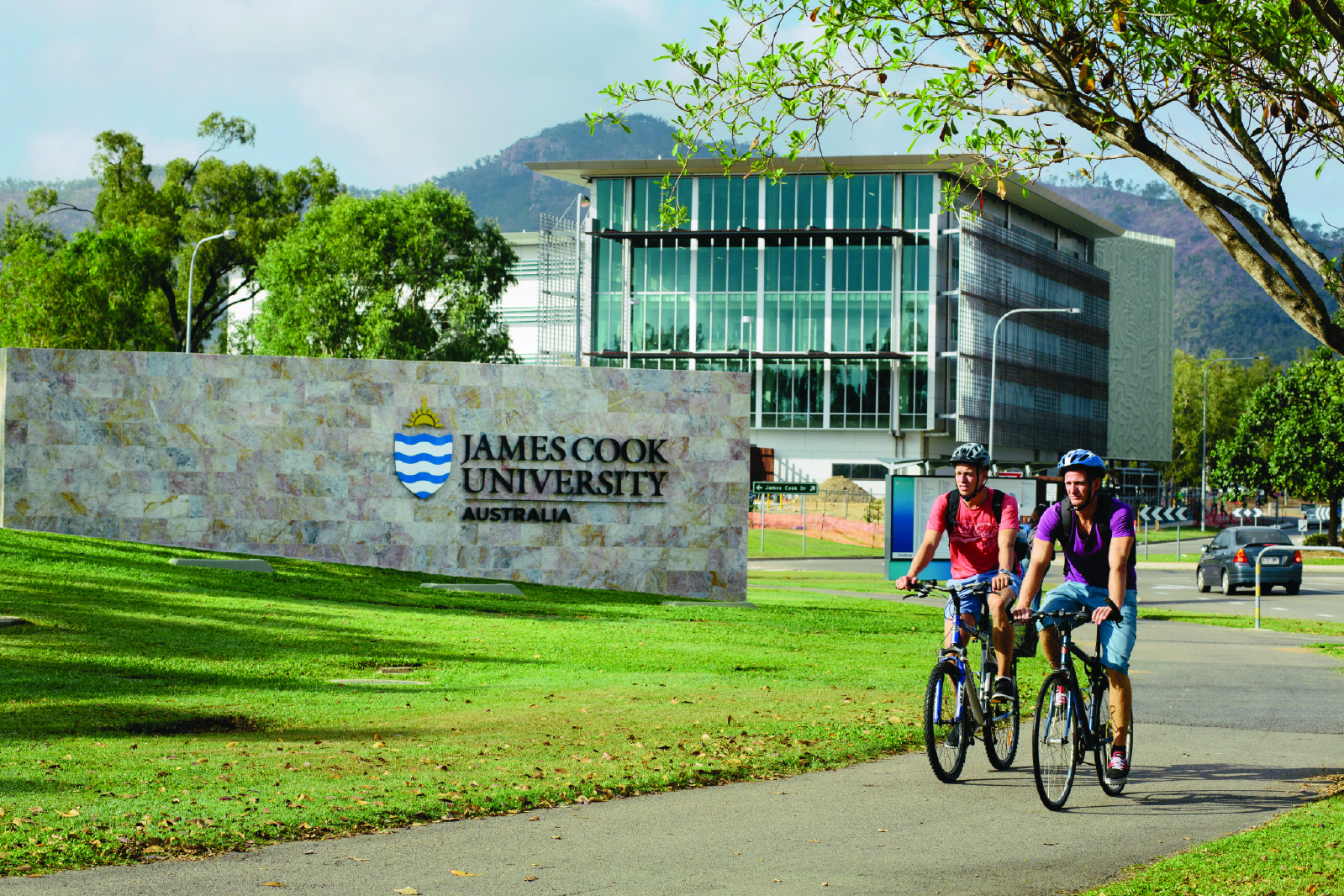Exploring the world with educational tours
Leaving the school grounds behind and exploring the world with your students could have unexpected benefits.

Travelling can be a transformative experience. Immersive, stimulating, exciting and engaging, a trip abroad can cement deep learning as well as facilitate lifelong passions for students.
Educational experiences abroad are endlessly customisable for specific curricula. A trip might encompass cultural and language exchanges, opportunities in sporting excellence, music expeditions, STEM learning and more.
Read the latest print edition of School News HERE
An international trip can not only help achieve tangible learning goals, it will also leave a lasting impression on students which they bring with them for the rest of their lives. This includes improvements in confidence, flexible and broad thinking, and improved knowledge retention.
Educational trips abroad can often be a child’s first international experience. This can open up a whole new world of opportunities for children as they experience a new language, culture and environment for the first time. Such experiences have been shown to improve self-confidence and independence, traits which will benefit learners as they continue into adulthood.
International trips place learners into unfamiliar situations where they must practise critical thinking. This can include learning new ways of seeing the world as they continue on the journey of cultural and language exchange.
Practical experiences are also a foremost method for improving knowledge retention. As learners experience immersive overseas environments, they are provided opportunities to not only use their theoretical knowledge learnt in-class through visiting museums, landmarks, participating in workshops and more, but also to practise soft skills like verbal and non-verbal communication, teamwork and cooperation.

International trips can also improve student-teacher relationships as trust is built. These constructive relationships can improve learning outcomes far beyond the end of the trip, increasing intrinsic motivation and encouraging excellence.
Altogether, an international experience can be crucial for expanding a child’s worldview, which is particularly critical as an individual develops. An international experience can expose students to different religions, attitudes, experiences, politics and perceptions. This can improve future problem solving and resilience.
These benefits can be applied to several subject and curriculum areas, so no matter what the purpose of the trip, teachers and students can see these benefits, as well as certain subject-specific ones.
One of the most common reasons for an international trip is to facilitate language learning. And no wonder, as it is a very effective way to improve language comprehension and speech. Many studies show that language immersion leads to higher levels of fluency, especially when motivation is high. Motivation is facilitated by cultural immersion, especially when interacting and connecting with people who speak the target language.
Sports excellence is another motivator of international travel. Access to resources such as world-class equipment and meeting with experienced coaches and athletes can lead to improved athlete motivation and performance.
Music expeditions can see similar benefits. Musicians may also enjoy learning about another culture’s musical heritage.
International travel also affords access to different ecosystems and world-class facilities that can improve engagement and understanding of STEM.

Jenny Murphy from Lattitude Group Travel highlighted a range of benefits offered by educational tours abroad. “Educational tours expose students to different cultures, languages, and global issues, broadening their understanding and appreciation of the world beyond their local environment. It helps them become active global citizens.
“These tours provide hands-on learning experiences that bring classroom subjects to life. Students can see real-world applications of what they’ve learned, deepening their understanding and engagement. Travelling abroad also encourages independence, adaptability, and problem-solving skills. Students often return with increased confidence and a greater sense of responsibility.
“Unlike school camps, which are typically local, educational tours abroad immerse students in new cultures, offering a deeper understanding and appreciation of global diversity. These aspects make educational tours abroad a powerful complement to traditional school camps, providing a broader and more impactful learning experience.
“Engaging a specialist operator offers numerous advantages for schools planning trips abroad,” Ms Murphy said. “Firstly, these operators provide logistical expertise, handling all travel arrangements, accommodations, and activities, which saves teachers significant time and effort. This allows educators to focus on preparing students for the educational aspects of the trip.
“Specialist operators also design customised, curriculum-linked itineraries that align with the school’s educational goals. This ensures that the trip is not only enjoyable but also enhances students’ learning experiences through experiential learning activities such as workshops, simulations, and guided tours.
“Moreover, these operators should prioritise safety and security, implementing robust risk management systems and maintaining extensive contacts on the ground. This ensures a safe travel experience for students and peace of mind for parents and teachers. They also handle unexpected issues efficiently, ensuring a smooth and stress-free experience for everyone involved.”






